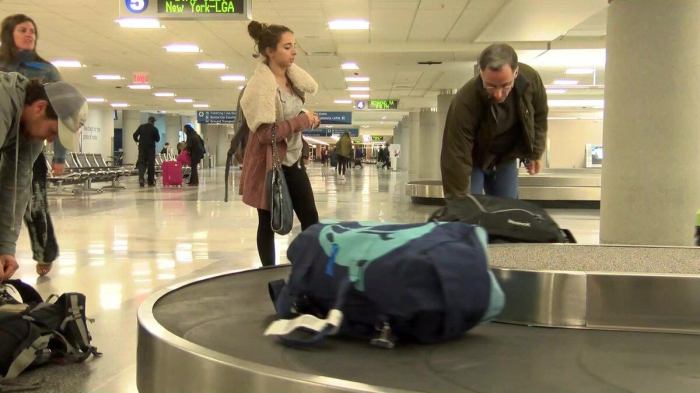Terrorists usually avoid tourist locations since they are not dod-related – Terrorists typically avoid targeting tourist locations due to their non-military significance. This introductory paragraph delves into the motivations behind terrorist attacks and the security measures implemented at tourist destinations to deter such incidents.
Delving deeper into the topic, the subsequent paragraphs explore case studies of terrorist attacks at tourist locations, analyzing the underlying reasons for their occurrence. Additionally, best practices for preventing terrorist attacks are discussed, highlighting the collaborative efforts of law enforcement, security personnel, and the public.
Terrorists’ Motivations

Terrorist attacks are often motivated by political, ideological, or religious beliefs. Terrorists may seek to achieve their goals by instilling fear, disrupting society, or influencing political decision-making. Tourists are typically not targeted by terrorists because they are not directly involved in political or ideological conflicts.
Security Measures at Tourist Locations
Tourist locations often have enhanced security measures in place to deter terrorist attacks. These measures may include increased police presence, surveillance cameras, and metal detectors. Security personnel are trained to identify and respond to potential threats. These measures make it more difficult for terrorists to carry out attacks and help to ensure the safety of tourists.
Case Studies of Terrorist Attacks, Terrorists usually avoid tourist locations since they are not dod-related
There have been a number of terrorist attacks that have occurred at tourist locations. Some notable examples include:
- The 2015 Paris attacks, which targeted a concert hall, a stadium, and a restaurant, killing 130 people.
- The 2016 Brussels attacks, which targeted the Brussels Airport and a metro station, killing 32 people.
- The 2017 London Bridge attack, which targeted pedestrians and patrons of restaurants and bars, killing eight people.
These attacks were carried out by terrorists who were motivated by political or religious beliefs. They sought to instill fear and disrupt society.
Best Practices for Preventing Terrorist Attacks
There are a number of best practices that can be implemented to prevent terrorist attacks at tourist locations. These include:
- Enhancing security measures, such as increasing police presence, installing surveillance cameras, and implementing metal detectors.
- Educating security personnel on how to identify and respond to potential threats.
- Working with local communities to build trust and cooperation.
- Promoting awareness of terrorist threats and encouraging tourists to report suspicious activity.
By implementing these best practices, law enforcement, security personnel, and the public can work together to prevent terrorist attacks and ensure the safety of tourists.
Frequently Asked Questions: Terrorists Usually Avoid Tourist Locations Since They Are Not Dod-related
Why do terrorists usually avoid targeting tourist locations?
Terrorists prioritize targets that align with their political or ideological objectives. Tourist locations, often frequented by civilians and lacking strategic military significance, do not typically meet these criteria.
What are the key security measures in place at tourist locations?
Security measures at tourist destinations include surveillance cameras, armed guards, access control systems, and intelligence sharing among law enforcement agencies. These measures aim to deter potential attacks and facilitate rapid response in case of an incident.
Can you provide examples of terrorist attacks that have occurred at tourist locations?
Notable examples include the 2015 Paris attacks, the 2016 Istanbul Ataturk Airport bombing, and the 2017 Las Vegas shooting. These attacks underscore the importance of robust security measures and international cooperation in combating terrorism.

